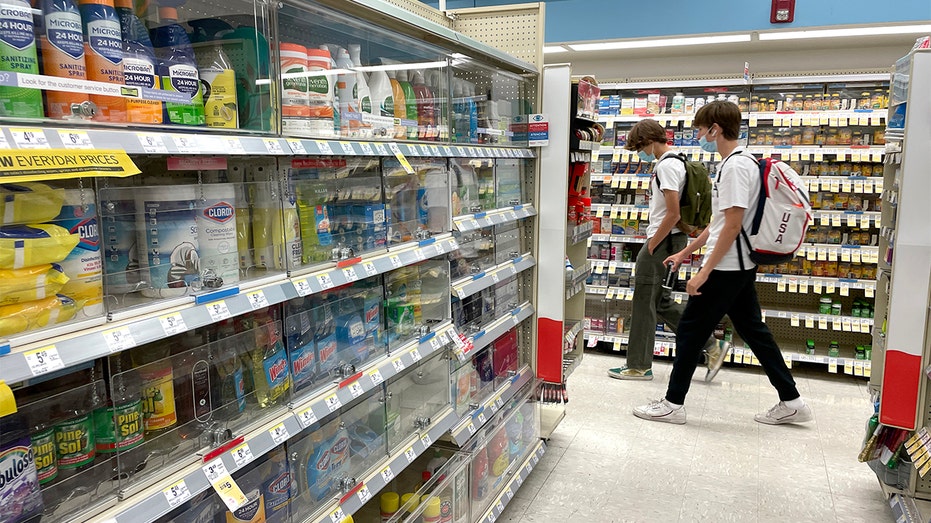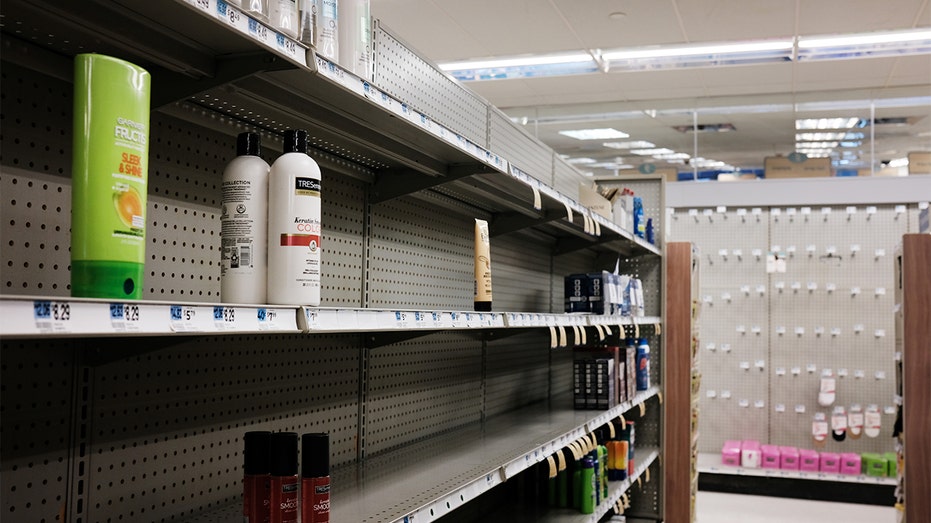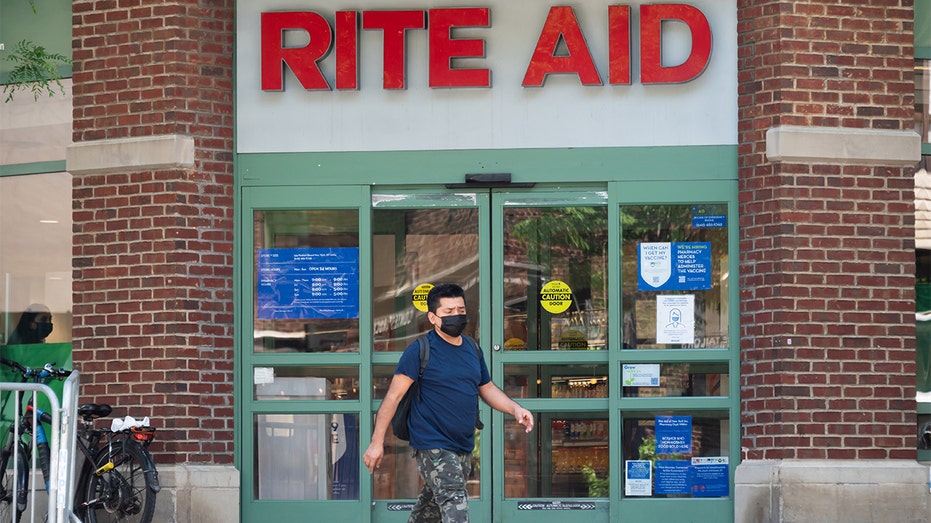Supply chain issues impacting pharmacies: What to know
FDA says there are about 111 drugs on backorder
The Federal Reserve reported Wednesday that many parts of the country were hit by supply chain disruptions and labor shortages in November.
While these problems have continued into December – with price increases reported to be widespread across the U.S. economy – empty shelves aren't the only issue for Americans.
Pharmacies are reportedly running out of important prescription medications, and the U.S. Food and Drug Administration (FDA) shows there are about 111 drugs on backorder – including heart medications, antibiotics and cancer drugs.
SUPPLY CHAIN BOTTLENECKS, LABOR SHORTAGE HOLDING BACK US ECONOMY, FED's BEIGE BOOK SAYS
The agency said on its website that it "continues to take steps to monitor the supply chain."
"The Drug Shortage Staff within the FDA’s Center for Drug Evaluation and Research (CDER) has asked manufacturers to evaluate their entire supply chain, including active pharmaceutical ingredients, finished dose forms and any components that may be impacted in any area of the supply chain due to the COVID-19 outbreak," it wrote.

Customers walk by products locked in security cabinets at a Walgreens store that is set to be closed in the coming weeks on Oct. 13, 2021 in San Francisco. (Justin Sullivan/Getty Images / Getty Images)
The FDA highlights that there are a number of reasons why drug shortages can occur, including manufacturing and quality problems, delays and discontinuations.
"Manufacturers provide FDA most drug shortage information, and the agency works closely with them to prevent or reduce the impact of shortages," it said, also reporting that about 80% of active pharmaceutical ingredients manufacturers are located outside the U.S.
A November survey released by the National Community Pharmacists Association (NCPA) found that the majority of independent pharmacy owners and managers are struggling to fill staff positions and deal with supply chain disruptions, in addition to market pressures.
Sixty percent of respondents said they are dealing with supply chain disruptions and nearly 70% reported struggling to fill staff positions.
According to the group, 76% reported being concerned about possible tax increases on small businesses and 64% were also worried about inflation.

Shelves sit nearly empty at a pharmacy and convenience store on Oct. 26, 2021, in New York City. (Spencer Platt/Getty Images / Getty Images)
Only 31% of respondents described the overall financial health of their business as very good or somewhat good, 28% described it as average and 41% described it as somewhat poor or very poor.
"Pharmacists have worked heroically throughout the pandemic so to have insurance middlemen push so many of these small business owners to the edge is troubling," NCPA CEO B. Douglas Hoey said in an accompanying statement. "Policymakers in Congress, the Biden administration and in the states should keep this in mind. There are important policy changes they can make to lower drug prices for seniors and protect small businesses, like eliminating pharmacy DIR fees."
CLICK HERE TO READ MORE ON FOX BUSINESS
"Between rollouts of COVID-19 vaccines for children, boosters, and seasonal flu shots – on top of their other existing patient care services – pharmacies are stretched very thin, while patients need them more than ever," he said. "Independent pharmacies are the safety nets protecting their communities, and owners are working overtime, docking their own pay and doing everything they can to answer the call. Policymakers must repair the broken prescription drug payment model to better support pharmacy teams; successful pharmacies mean healthier, happier lives for patients."

A person walks outside a Rite Aid pharmacy on May 27, 2021, in New York City. (Noam Galai/Getty Images / Getty Images)
An American Society of Health-System Pharmacists report warned earlier this year that supply chain disruptions in the midst of the COVID-19 pandemic have the potential to negatively impact patient care.
Speaking to reporters on Wednesday, President Biden assured that "for the vast majority of the country" store shelves will not be empty due to actions his administration has taken in partnership with business and labor, retailers, grocery stores and freight movers and railroads.
Biden cited moves to relieve congestion by extending operating hours at California's Los Angeles and Long Beach ports, partnering with a major ocean carrier to provide a $100 discount when containers are picked up quickly and extending extra flexibility for truckers through February.

President Biden gestures to journalists after returning to the White House on Dec. 2, 2021, in Washington, D.C. (Anna Moneymaker/Getty Images / Getty Images)
The president said these measures would "help move goods more quickly and get products that people want onto store shelves all across the country," also noting that the number of containers left sitting on docks is down by 40%.
Biden said that the U.S. is heading into the holiday season in "very strong shape."
However, Tom D’Angelo, chairman of the Pharmacists Society of the State of New York, told Long Island's Newsday on Monday that "a lot of stuff is stuck on barges," including generic blood pressure pills and cold and flu medication.
"People are struggling to get items, but so far this is not life-threatening," he said.
Nidhin Mohan, a pharmacist and owner of New Island Pharmacy in Deer Park, told the newspaper that there are fewer options when it comes to certain brands, including brand-name ibuprofen.
GET FOX BUSINESS ON THE GO BY CLICKING HERE
"The options are less by the day," he said. "When that becomes a shortage, or complete depletion of available options — I don’t know. I’m starting to feel the pressure."
But patients are advised not to panic – or panic buy – even as local pharmacists say they are dealing with longer waits for medical equipment and over-the-counter drugs.
Instead, patients should call their pharmacies to check their supply, keep a log of what they take and how much and talk to a physician about a potential alternative.
The Associated Press contributed to this report.





















